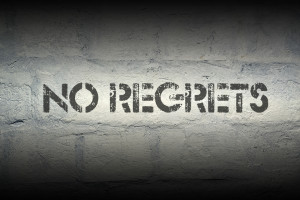 Regret can be defined as the feeling of wishing we’d done something in the past in a different way. We all experience feelings of regret at some point in our lives—times when we’re bombarded with “could haves,” “would haves,” and “should haves.”
Regret can be defined as the feeling of wishing we’d done something in the past in a different way. We all experience feelings of regret at some point in our lives—times when we’re bombarded with “could haves,” “would haves,” and “should haves.”
Sometimes, when we feel regret, we are tempted to give up. We’ve hit a wall, and we’re convinced there’s no going on. During these times, we need to ask ourselves, “Have we given it our all? Have we gotten everything there is to get out of this situation?” If our answer is no to these questions, we need to get back on the proverbial horse, give it everything we’ve got, and then make an informed decision about the next course of action.
Let me share one of the biggest secrets to success.
It’s not found in having superior talent or skills; it doesn’t stem from possessing physical advantages; it’s not even guaranteed by being tactically or strategically smarter than everyone else.
Very simply, success is a product of determination and perseverance.
Success is a direct result of your “staying power.” Success eventually comes to those with stick-to-it assertiveness. It comes as a result of an attitude that says, “No matter how long it takes and regardless of the cost, I will hang in there until I get what I want.”
And this type of success demolishes regret.
***
A week ago I raced in the Leadville 100 mountain bike race. Though I trained hard, prepared for the big day, and had a lot of support from my family and friends, the prestigious belt buckle award was not in the cards for me that day.
I made two crucial mistakes on race day, which I will discuss in the weeks ahead, but, today, I want to focus on my overall experience and talk about why I was able to leave the mountains with absolutely no regrets.
The Leadville 100 has multiple cutoff points for racers—every rider must get to each checkpoint by a certain time in order to be allowed to continue on. My quest came to an end after completing a 40-mile stretch about four hours into the race. At this point, my legs started cramping just as I was about to climb the steepest and most grueling part of the course—the dreaded Columbine section. During this part of the course, riders ascend 3,000 feet over 10 miles while battling the limited oxygen supply that comes with such a high altitude. Some parts of the Columbine stretch are too steep to even ride, so bikers push their bikes up the mountain. It was at this point that I realized I was not going to make the next cutoff point in time.
I had a decision to make.
There was not going to be a big celebration with my family at the finish line, no finisher’s medal, no belt buckle award. I am not ashamed to admit that I shed a few tears as I assessed the situation.
And then I decided: although my race was over, I still had something to prove.
I kept going, determining to stay the course until they pulled me off. I could not control how my body reacted to the intense physical demands of the race. But I could control my mental state. Quitting is a choice, and it was a choice I would not allow myself to make.
The two hours following my decision provided some of the most difficult physical and mental challenges I’ve ever endured. I remember saying to myself, “The pain is temporary, but the memory of quitting will be forever.”
When I reached the top of the Columbine ascent, 13,000 feet above sea level, I underwent an assessment by an EMT doctor, who informed me that my race was over, as I was being pulled from the course.
Although disappointed I did not achieve my goal, I have no regrets.
I learned something about myself that day—something that will stick with me forever. Ironically, the memory of the physical pain I endured has all but faded away already, but the memory of digging deep to continue on as long as I could leaves me at peace and motivated to try again. I will get my belt buckle!
There is much truth in Nietzsche’s famous saying: “That which does not kill us makes us stronger.” The greater the adversity we handle, the greater our capacity becomes to cope with difficulty. If we give up at the first sign of trouble, we will never learn to endure—and overcome—hardship. This principle has application for my bike race—and for so much more in our personal and professional lives.
When you get in the habit of never giving up, you emerge as a champion. To me, a champion is someone who truly goes for the goal, someone who does everything he or she possibly can to forge ahead, not balking at setbacks and obstacles.
You are a defined as a champion by how you pursue your goal, not by whether or not you actually reach it.
Did you go all out in the pursuit of your goal? Did you do everything possible to make it happen? Did you totally commit yourself to the quest? If you can answer yes to these questions, then you can look at yourself in the mirror and see a winner staring back, a winner with no regrets.
And that’s something to smile about!







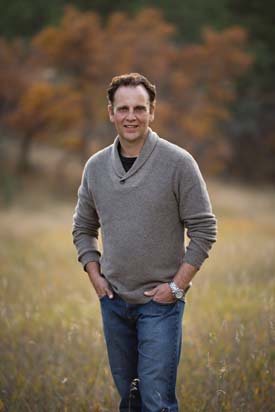
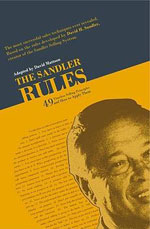
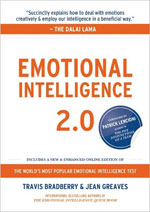
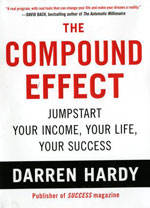
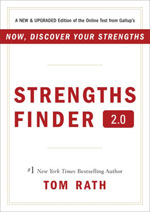
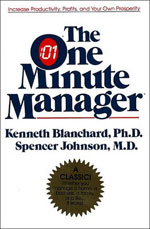
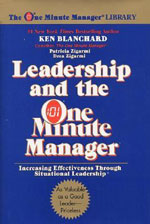
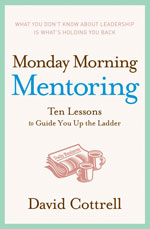
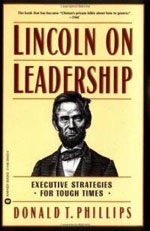
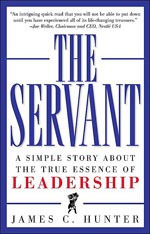
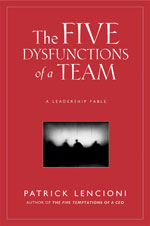
Sean – very inspirational blog this week, thanks for sharing
Fantastic post Sean. Love it.
Hope the family is doing well and the kids had a fabulous summer. Are they playing hockey?
Wonderful story Sean!! There should always be more regret in not trying and you did very well in the “gave it your best” try!! Way to go!!
Pingback: Problems = Opportunities (But Only if You Face Them!)